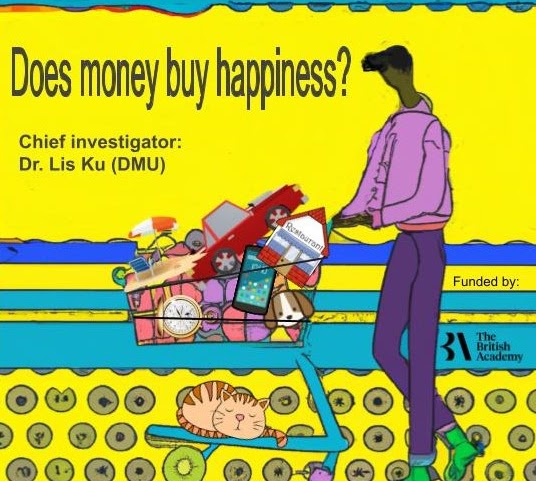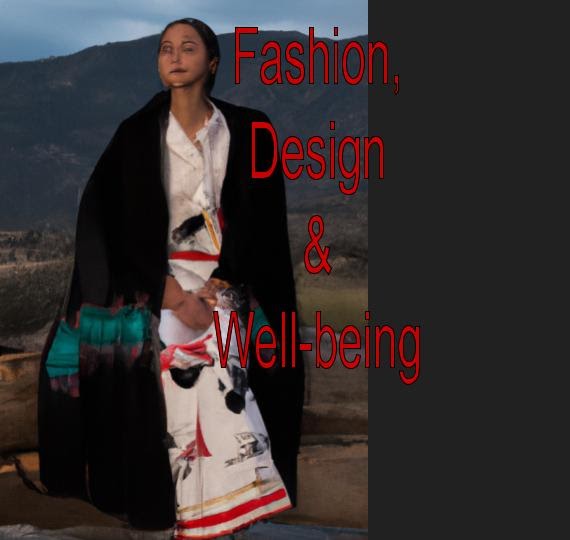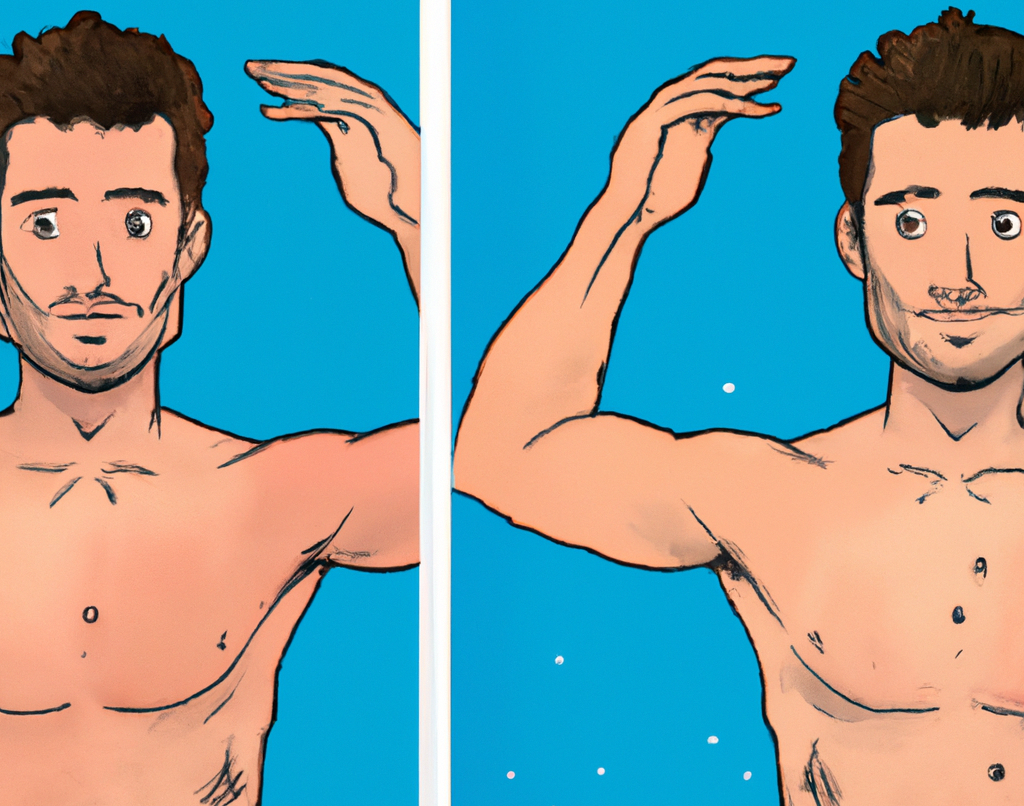Recently completed projects
Does money buy happiness?

Our consumer‐oriented society is awash with messages that link happiness to consumption. But extensive research evidence suggest that once basic needs are satisfied, money adds very little to our well-being. even though this could be affected by what (we spend our money on), how (we spend our money), and why (we spend it). In this British Academy funded research project, we attempt to understand how individuals’ life values, and their motives, may affect the relationship between consumption and well-being. We are particularly interested to see if this relationship is similar or different across different social, national and cultural groups.
The social functions of schadenfreude

Schadenfreude refers to the pleasure derived from someone else’s or another group’s misfortune. It is common in high-conflict situations such as sports and politics and yet the emotion is morally objectionable because it is often considered as the opposite of sympathy. With the ever-growing presence of social media, people are more readily willing to express schadenfreude. It is a high time to examine the psychological benefits behind the experience and communication of schadenfreude and the implications of it for intergroup relations and societal wellbeing.
Fashion, design, and well-being

As the world’s second most polluting industry, the fashion industry is responsible for 10% of global CO2 emissions and 20% of water waste. The fast production and frequent consumption business cycle of fast fashion, with its 92 million tonnes of waste per year, is particularly unsustainable. Changes in the fashion industry are urgently needed, but as important is the fundamental shift in consumers’ behavior. By applying insights from psychological research on behavioural changes, we aim to develop and evaluate measures that could encourage consumers to switch to ‘slow’ fashion, a practice that enhance garment lifetimes and reduce consumption.
‘Would I lie to you?’ Values and unethicality

There is currently a dearth of psychological research that examines values as potential causes of unethicality. Yet values constitute the ultimate link between societal macro-ideology and individual life goals, as individuals both internalise and propagate these through their interaction with the social institutions such as schools, families, and works. On the level of the individual, these higher-order life values drive contextually specific motivations, goals, and attitudes, and could have direct impact on the individual’s decision making processes and behavioural outcomes.
Intrinsic life goals and men’s body (dis)satisfaction

An increasingly muscular male body ideal that is both unrealistic and likely unobtainable has become pervasive in the mass media. This media portrayal of the male body has been increasingly tied to men’s body image dissatisfaction. In this project, we examined the role of life goals, and tested the hypothesis that individuals who endorse more intrinsic life goals such as accepting oneself and helping others would be less affected by the muscular ideals, and as a result enjoyed higher body esteem.
Cooperation comes at a price, at least for proselfs

A positive and sustainable society requires collective effort from its members. More than often, however, our short-term self-interests are in conflict with future collective good (Dawes, 1980). Drawing insights from psychology, sociology, and economics, this line of research examined the interaction between individual differences (e.g. prosocials vs proselfs; cooperativeness) and social contexts (e.g. fairness norms; group configuration) in predicting cooperation in such social dilemma.
To be or not be humourous

Humour manifests differently in Western and Eastern cultures, although little is known about how culture shapes humour perceptions. This line of research tested the cultural contingencies regarding the role humour plays in well-being and advertising. The findings suggest that Westerners regard humour as a common and positive disposition; the Chinese regard humour as a special disposition particular to humorists, with controversial aspects.

